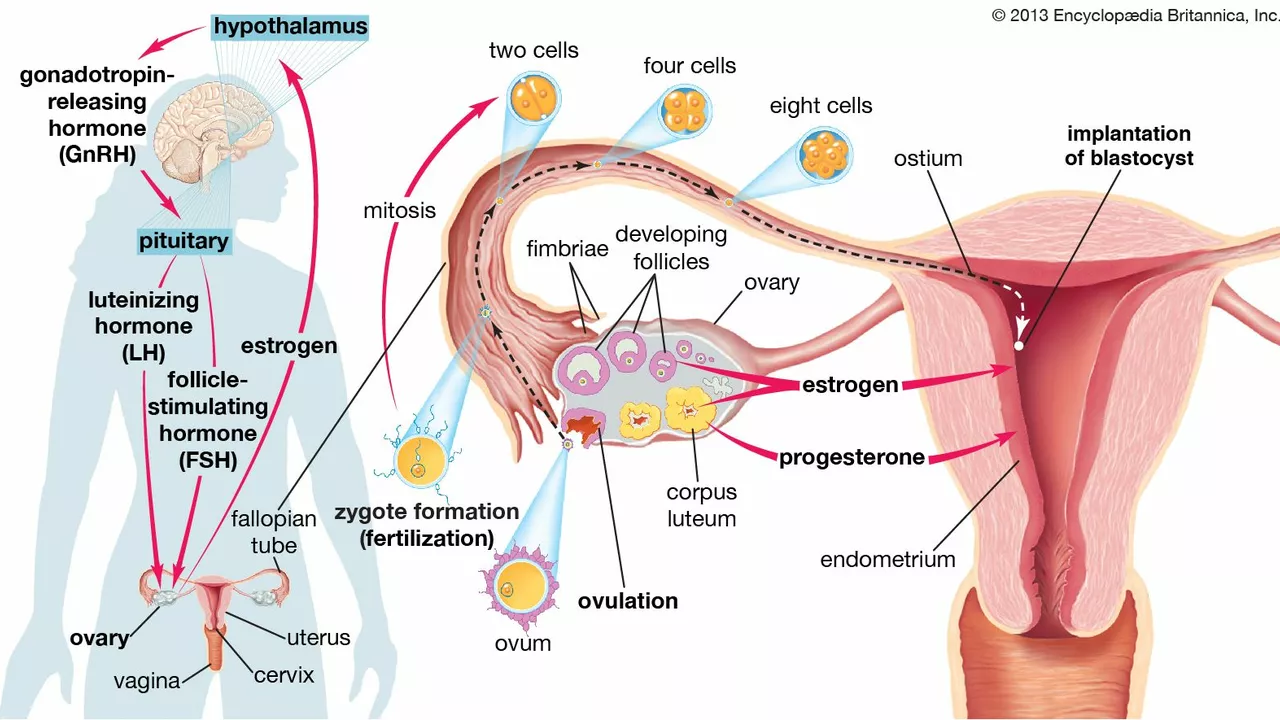Estrogen is a hormone that plays a big role in the female body, but it’s not just for women—it actually affects many parts of our health. It’s crucial for regulating the menstrual cycle, supporting bone strength, and influencing mood and skin health. Many people hear about estrogen when it comes up in talks about menopause or hormone therapy, but what exactly does it do and when should you be paying attention?
First off, estrogen is mainly produced in the ovaries, but also in smaller amounts by other tissues like fat and the adrenal glands. This hormone helps prepare the body for pregnancy, keeps bones healthy, and maintains the lining of the uterus. When estrogen levels dip, especially around menopause, women may notice symptoms like hot flashes, mood swings, or changes in skin texture.
Estrogen therapy is often prescribed for women going through menopause to ease symptoms and prevent bone loss. It can come in forms like pills, patches, gels, or creams. The goal—whether to reduce hot flashes or protect against osteoporosis—is to bring levels back to a comfortable balance. But it’s not a one-size-fits-all treatment. Your doctor will consider your health history, risks, and how long you'll likely need it.
It’s important to keep in mind that estrogen therapy can carry some risks, such as increased chances of blood clots or certain cancers if not managed properly. That’s why doctors often recommend the lowest effective dose and regular check-ups. If you’re curious about how estrogen affects you personally or thinking about hormone therapy, chatting with your healthcare provider is a must.
You might be surprised, but lifestyle choices can make a difference in how your body manages estrogen. Eating a balanced diet rich in fiber and plant-based foods, managing stress, and staying active can all help maintain healthy hormone levels. Some foods contain phytoestrogens—plant compounds that act like estrogen in the body—which may offer gentle support, but they’re not substitutes for medical treatment when needed.
Knowing how estrogen works and affects your body can help you spot changes and make informed decisions about your health. Whether you’re managing symptoms or just want to understand more about this key hormone, staying informed is the best way to take control.
Posted by
Paul Fletcher
10 Comments

In my recent blog post, I discussed the link between bloating and hormonal changes. It turns out, estrogen and progesterone, two primary female hormones, play a significant role in bloating. During certain phases of our menstrual cycle, these hormones can cause our bodies to retain water and salt, leading to that uncomfortable bloated feeling. Not only that, but they can also slow down our digestive system, further contributing to bloating. It's fascinating to understand how our hormones can impact our body in ways we may not initially realize.
read more